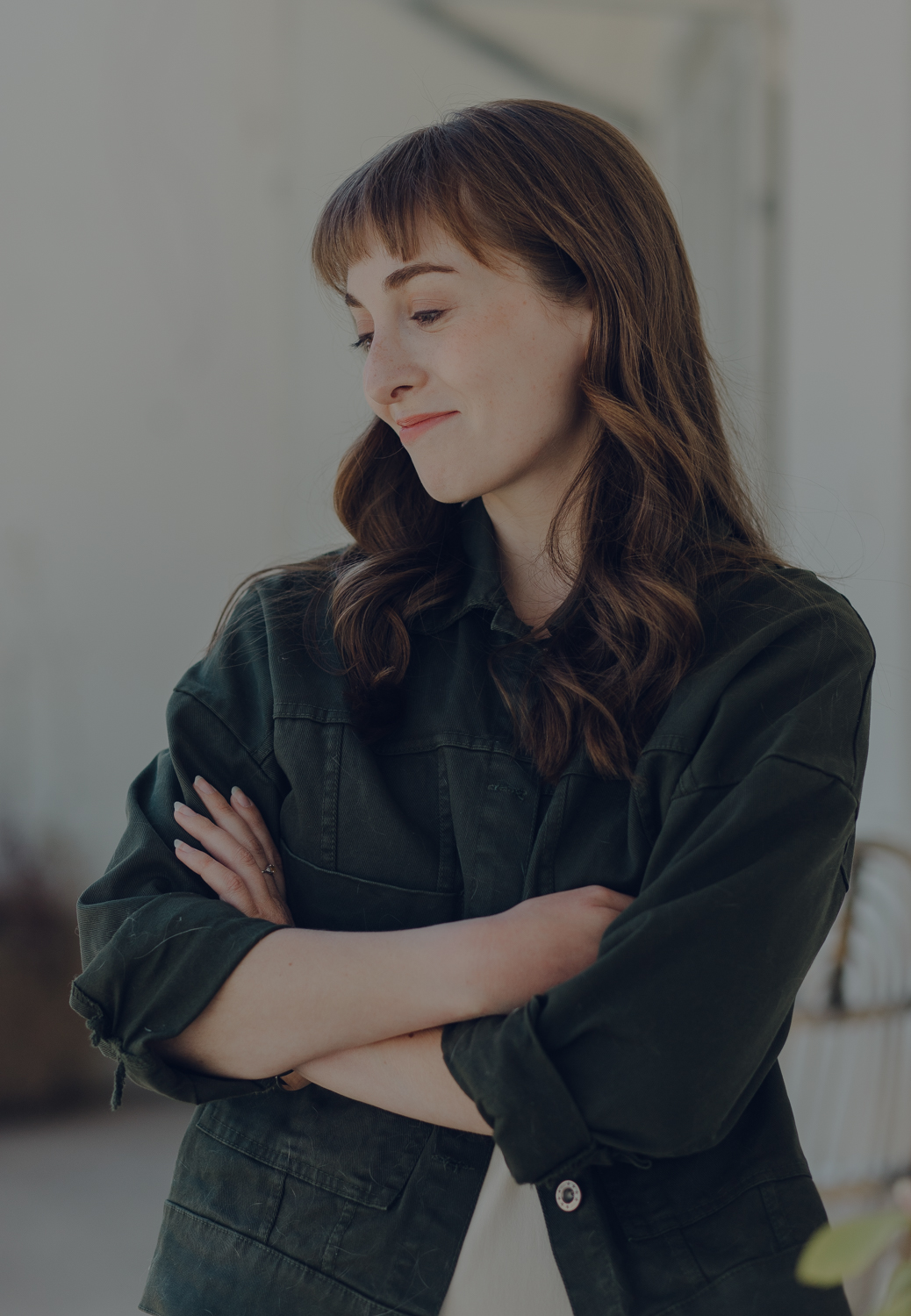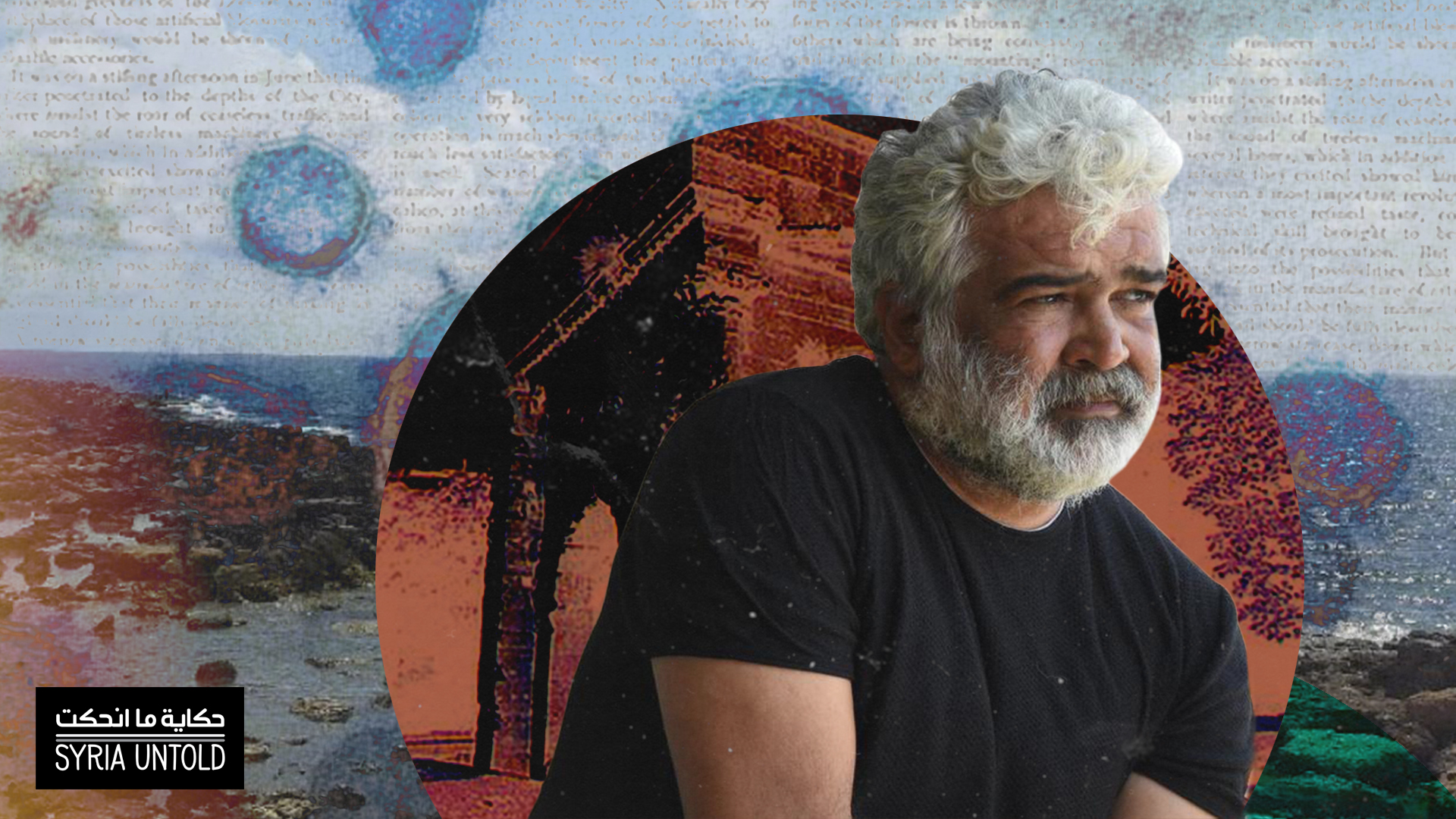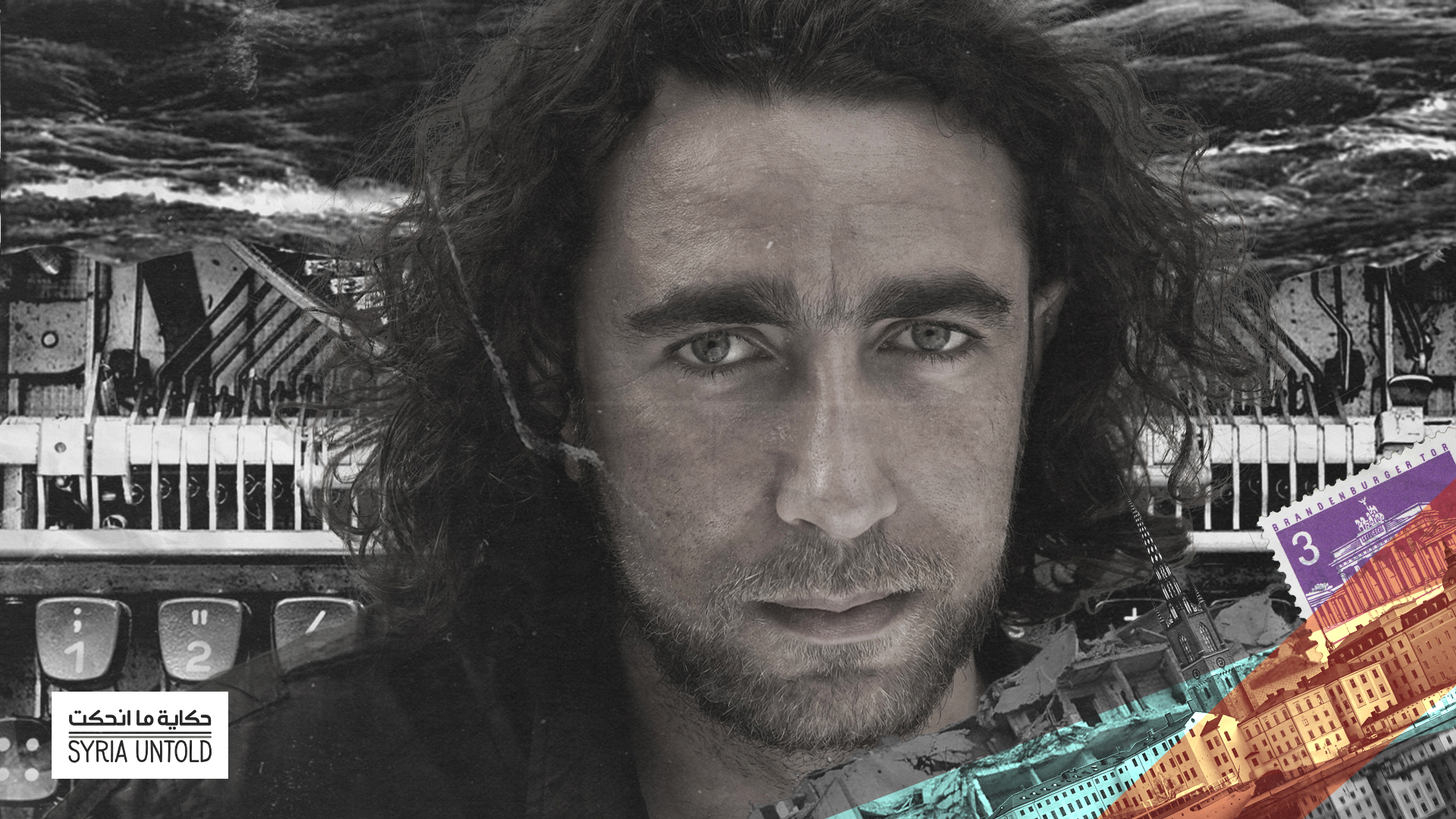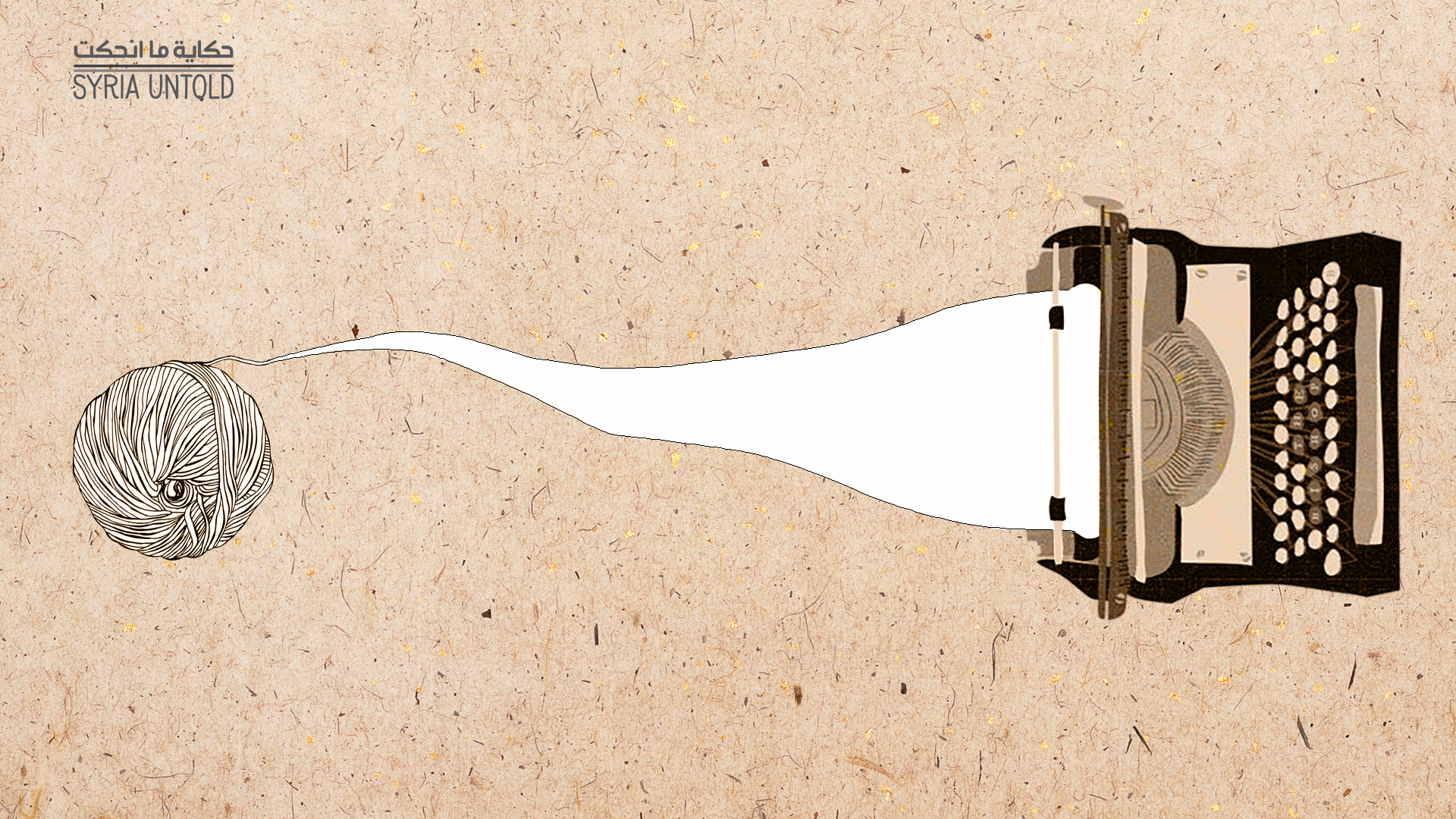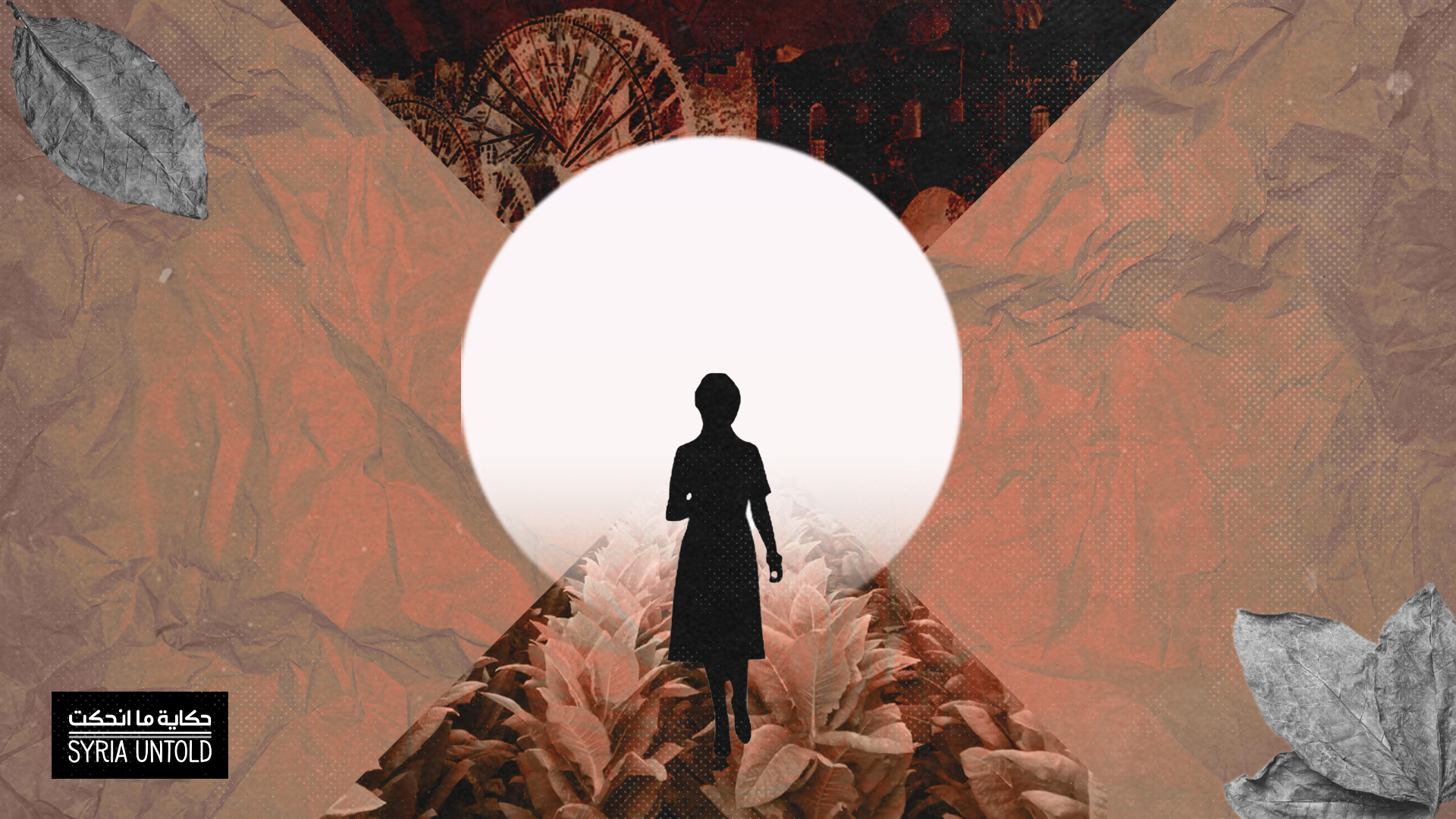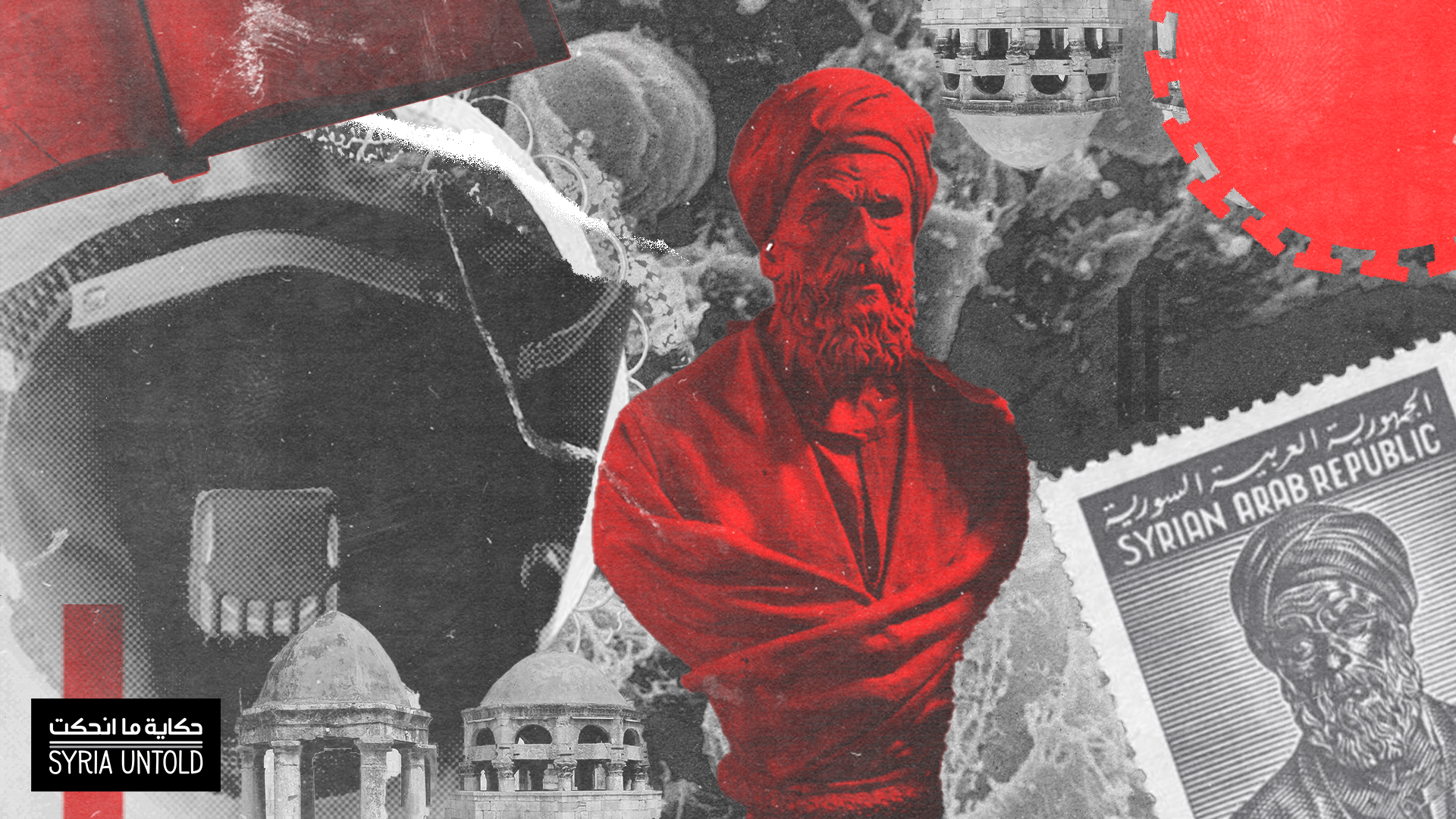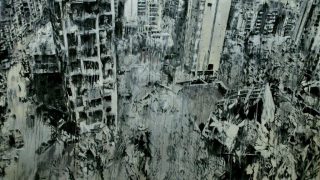For the better part of a decade, British translator Leri Price has been rendering Syrian author Khaled Khalifa’s novels into English. Her most recent published translation with him, Death is Hard Work, won the prestigious Saif Ghobash Banipal Prize for Arabic Literary Translation and was a finalist for the 2019 National Book Award’s translation category. The novel tells the road trip story of three dysfunctional siblings as they transport their dead father across wartime Syria to his home village for burial.
“I always think of Khaled as being a bit like a 19th-century storyteller,” Leri told me over the phone this week. “Everything is very rich, and you have these storylines that extend through generations that come with so much color and nuance.” His stories and plotlines are “spirals,” she says, rather than linear narrations.
Syria’s year of pain, through the eyes (and pen) of Khaled Khalifa
21 November 2020
Leri’s latest translation, of Syrian writer Samar Yazbek’s novel Planet of Clay, had a much different approach. The book narrates the war’s horrors, including torture and chemical attacks, from the innocent point of view of a young girl. Not only did Leri translate much of the novel while under pandemic lockdown in the UK, but the writing style was markedly different. With Samar, the writing is “very clean,” she says.
“It's almost minimalist: fresh and unencumbered.”
Still, she says, “what I like about Death and Planet of Clay is that though they both take place in the war, they're both determinedly individual experiences. They're not trying to say anything about the war in general.”
Long a fan of Leri’s graceful translations, including her rendering of Khaled’s spiralling, multigenerational No Knives in the Kitchens of This City, I wanted to know how she saw her role as a translator of Syrian fiction into English. Beyond the beauty of the original Arabic writing in itself, to what extent do the English-reading audience and larger context matter? And what does it mean to translate stories about war and conflict?
Planet of Clay comes out in English translation later this year, published by World Editions. Listen to an excerpt here.
Khaled Khalifa’s latest novel, No One Prayed Over Their Graves, is set to come out in Leri Price’s translation in 2022, published by Farrar, Straus and Giroux.
This conversation has been edited for length and flow.
How did you initially approach the Arabic language and literary translation in particular?
Growing up, I had absolutely no knowledge of or connection to Arabic whatsoever. I had a very roundabout route into university. I was a bit older when I went to the University of Edinburgh, and my original plan was to take French because I wanted to read French literature. But there was a scheduling clash. So I was flicking through the coursebook under “A” and I came across Arabic. I thought I’d give it a go.
It was a bit of a baptism of fire really, because I had no knowledge of anything, even geography or the history of the region, nothing. You consider yourself a reasonably well-educated, well-informed person and suddenly you’re forced to realize how ignorant you are about this enormous wave of world history, culture, geography, politics, everything. But the more I progressed in my studies, the more I fell in love with Arabic.
One of the ways that I learn best in languages is to put things in context. That could be reading newspapers or stories, but for me reading fiction is the best way for consolidating things that I've learned and gaining vocabulary. And in Arabic, you have the short story form, which is one of the pinnacles of contemporary literature. That’s how I fell into literary translation; it was a natural progression from reading it to having a go at translating it just for myself.
You can read things and you can love things and whether or not you can get them out to people is dependent on so many other aspects. And so when I translate, I just think about what I would like to read.
What were your first impressions of Khaled Khalifa's writing, and how did his style compare to what you had worked with previously as a translator?
The best image I could think of when I was reading his work was spirals. He has sentences and paragraphs all spiralling into one another and then things branch off.
The previous texts I'd worked with had been short stories. So the structure is very, very different. It's much more contained, terse, unadorned.
And then you have this mind of Khaled's, which just sort of roams with extraordinary images and stories that jump off one another. He has immense casts of complicated, strange characters and the journeys they go on. It's really lush and beautiful writing.
Questions about growing change in Syrian narratives
12 January 2021
How do you go about rendering that complexity into English?
I approach it as a reader more than anything else. I think: What's the voice that is shining through this text, and what's the register?
Initially, I used to just write out the sentences as they were structured in Arabic. And then I would go back later and alter them. And to be honest, I found that this doesn't help the readability in English. Arabic is a different language and it's very different from European and Romance languages.
I translate a little bit from Italian sometimes and it's a very different experience. The structure is so much more similar to English; whereas when translating Arabic, you do have to just break things down a bit because things that sound correct and that sound right in Arabic don’t necessarily work in English. So the more of Khaled's work that I've translated, the better I've gotten at catching the flow and the rhythm of those sentences.
When you’re approaching a piece of work, to what extent are you thinking about the audience who is going to be reading it in English? How do you aim to reach them with the English text?
I translate the books I would like to read and I don't really think too much about who will pick them up. I want everybody to read them and I think if I think too hard about who would like what, or what certain audiences need, things just get a bit lost and I lose sight of the text itself.
How does this approach fit into what you see as your broader role as a translator? Are you interpreting Syrian literature with the English audience's cultural context or knowledge in mind, or is your role closer to what you’ve already stated, one of thinking of yourself as a reader for your own pleasure?
I think there has been a tendency to regard Arabic literature as some sort of ethnography, and you see that narrative a lot. The kinds of Syrian novels that are being translated and receiving a lot of attention; many of them are about the war.
Death is Hard Work was the highest-profile book I translated so far, and yes, it was with a bigger publisher with a larger marketing budget. Still, I remember noticing reviews about the novel like: “Look behind the scenes of the war” and “This is the side of the war that you never get to see.”
What’s important for a translator is just to transmit this warmth and this love and this passion for what you're writing about, and I don’t think you can do that unless you love a text.
And of course, that kind of language disregards the fact that the revolution and war in Syria have been extensively filmed and photographed since the beginning. People have long been able to see it.
Yes, I know what you mean. It's difficult because most publishers want books that feature the position of women or have an obsession with the war. Arablit published an article years ago where they looked at covers of Arabic books in English translation. Oftentimes, the book jacket features a woman covered by a veil in the middle of a desert, and whenever you see another one you think: Oh no, not again.
In any case, I don't want to aggrandize the role of the translator. It is an important role, but still just one part of this whole ecosystem of cultural production. You can read things and you can love things and whether or not you can get them out to people is dependent on so many other aspects. And so when I translate, I just think about what I would like to read.
I think if you take the other extreme position and you say: “I want to only choose texts that reflect this aspect of Alawite culture, or some aspect of Upper Egypt,” then you risk falling into the trap of trying to inform or frame specific times and places.
What’s important for a translator is just to transmit this warmth and this love and this passion for what you're writing about, and I don’t think you can do that unless you love a text. I don’t want readers to pick up a book wanting to learn about some aspect of the Middle East or Syria through this story. Instead, I want them to be swept away by the story, to build empathy and have their imaginations sparked by these incredible moments in time that aren’t limited to a war or a conflict or the position of women. When books get reduced to just those aspects, it gets a bit frustrating.
The traitor
09 August 2021
Returning to Abu Alaa al-Maari in our year of plague
13 May 2021
And you can tell when a book has been written or translated with that box-ticking in mind; it doesn't make for as enjoyable a read, in my opinion.
It is just box-ticking. So yes, I have quite a personal approach. And I’m always aware that I’m helping shape people's perceptions, so I have to be careful about the choices I make and why I make them. I also have to be quite aware of the fact that I am a white, British translator rendering an Arabic text. That's something that I balance and consider, and I think my understanding of that dynamic has evolved.
You’ve so far translated three of Khaled Khalifa’s novels and are working on a fourth. How has Samar Yazbek’s Planet of Clay been a departure from Khaled’s writing?
I think Death is Hard Work you have to consider on its own. What I like about Death and Planet of Clay is that though they both take place in the war, they're both determinedly individual experiences. They're not trying to say anything about the war in general. And stylistically, they're very, very different. So just purely as a translator, as a writer, that contrast really appealed to me.
Death is Hard Work definitely stands on its own from Khaled's oeuvre in general. It's short sentences. It's very direct. It's a lot funnier than a lot of his other books, as well. He's always got that sort of wryness, but with Death, there was stuff in there that was really, really black, but it was funny. There's a lot of humor in it, and movement. A really common theme in Khaled's work is stagnation, this feeling that when you're standing still, all this mold can grow across everything. There's this real sense of rot that happens in a lot of his novels. And obviously, there's rotting in Death is Hard Work because you've got the body of the father that his children are transporting to his hometown, but there's also this sense of momentum throughout the whole thing.
Planet of Clay is very different. It was written in the first person, for a start, which means that the characterization is very different. Everything is filtered through the narrator, Rima, who is very childlike and pure. She doesn't bring baggage to things. She narrates what she sees. Perhaps the reader can follow her narration and extrapolate that there’s some sort of toxic chemical, a field hospital, that there’s been a chemical attack. But Rima isn’t making those conclusions. She just says what she sees. She sees purple bubbles falling from the sky and there's a horrible smell, and then she wakes up submerged in water and the people around her are dead.
You do this work because you love words, and you love language, and you love creating and recreating a beautiful thing.
I always think of Khaled as being a bit like a 19th-century storyteller. Everything is very rich, and you have these storylines that extend through generations that come with so much color and nuance. That’s in contrast with Samar’s writing, which is very clean. It's almost minimalist: fresh and unencumbered. With Khaled, you can feel the weight of Syria and Syrians coming through his work. In Planet of Clay, it's almost the opposite. Samar is using this character of Rima almost as an eyeglass. You see through her into this world, which is warped and strange. But her context is completely different.
As for your own style, you recently wrote on Twitter that you felt happy about being able to use the word "susurrus" in a translation. Are there certain times you're translating a text when you add in your own touches and flourishes as Leri Price the writer? Is that part of your role?
I try not to, but I'd be lying if I said that it never happened. You do this work because you love words, and you love language, and you love creating and recreating a beautiful thing.
Unfortunately, I don't think I can end up using “susurrus” in that translation! I was so excited, though. I'm actually quite gutted that it's not going to make it in. Sometimes I laugh if I come across a really nice word, and I ask myself if I can wedge it into a translation somewhere. This happens often with Khaled because he has such a colorful way of writing. And he's usually the writer for whom I can use those nice words that I've got saved up somewhere.
This was quite fun in Planet of Clay because the main character Rima talks a lot—she uses entire dictionaries of words. And so even though she is quite a childlike character, she has this really crazy vocabulary. It was quite nice to find the odd incongruous word and whack it in there. I think this is just part of loving what you do. You find beautiful ways to phrase things and you try to bring that beauty to the text.
This is why I’m quite pleased that translators are slowly, in some circles, becoming more visible. It’s important not just to recognize the craft, but also to recognize that what you're reading is someone’s rendering. You're not reading a Google translation, a literal word-for-word text. We have so many re-translations, even of old texts. You have Beowulf, re-translated however many millions of times in the last 50 years, and there's this implicit recognition that language evolves and that it changes. A translator is also a product of their time and their own set of references.
You do have to be careful not to impose too many layers, though. Translation means the original text is going through an extra filter. The translator has a certain reading of a text, and that will shape how they render it. When you do bring your own little bits of color, it's about recognizing when it works and when it doesn't work—when you are imposing too much or where you're adding an extra layer where you shouldn't be, on top of stuff that you unavoidably can't help doing.


